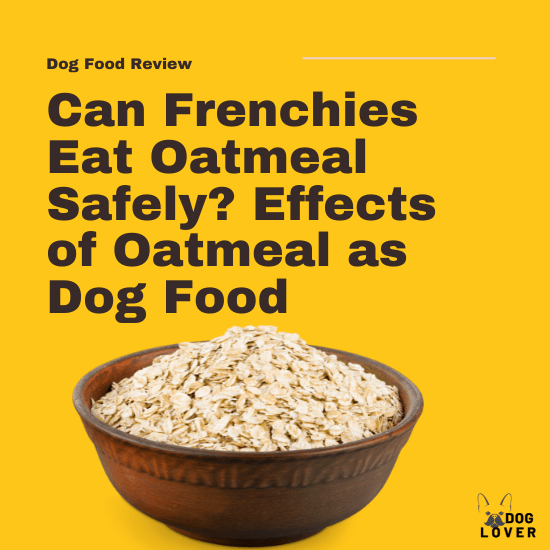Can dogs eat pumpkin seeds?
Yes, dogs can eat pumpkin seeds, but with important considerations for preparation, portion size, and potential benefits and risks.
Benefits of Pumpkin Seeds for Dogs
Pumpkin seeds contain several nutrients that can benefit dogs:
- Rich in antioxidants, fatty acids, zinc, iron, and magnesium
- Good source of vitamins A, C, E, and K
- Contains fiber that may help with digestive issues
- May support urinary health
- Provides omega fatty acids for skin, joint, and heart health
Proper Preparation is Essential
To safely prepare pumpkin seeds for your dog:
- Separate seeds from pumpkin flesh
- Clean the seeds thoroughly
- Remove the shells (important as they can be a choking hazard)
- Dry the seeds completely
- Roast them plain without salt, oil, spices or sugar (optional)
- Consider grinding them into a powder for easier digestion
Recommended Portions
Moderation is key – pumpkin seeds should only make up about 10% of your dog’s daily diet:
- Small dogs (under 20 lbs): 3-5 seeds per day
- Medium dogs: 5-10 seeds per day
- Large dogs: 10-20 seeds per day
A general guideline is one pumpkin seed per 10 pounds of body weight.
Potential Risks
Too many pumpkin seeds can cause:
- Digestive upset, constipation, or diarrhea
- Pancreatitis due to high fat content
- Allergic reactions
- Intestinal blockages, especially in smaller dogs
- Nutrient deficiencies if overconsumed
Important Considerations
- Pumpkin rind is NOT safe for dogs and is a choking hazard
- Pumpkin puree is often a better alternative than seeds
- Never give dogs pumpkin pie filling, which contains harmful ingredients
- Pumpkin seeds are NOT an effective deworming treatment, despite some claims
- Dogs don’t digest seeds as efficiently as humans do
When introducing pumpkin seeds to your dog’s diet, start with a small amount and monitor for any adverse reactions.
Always consult with your veterinarian before making dietary changes, especially if your dog has existing health conditions.


